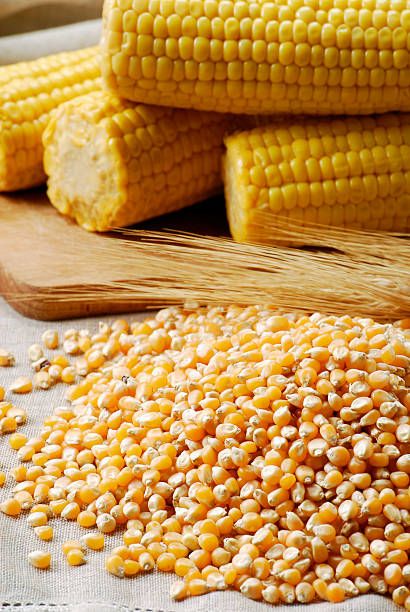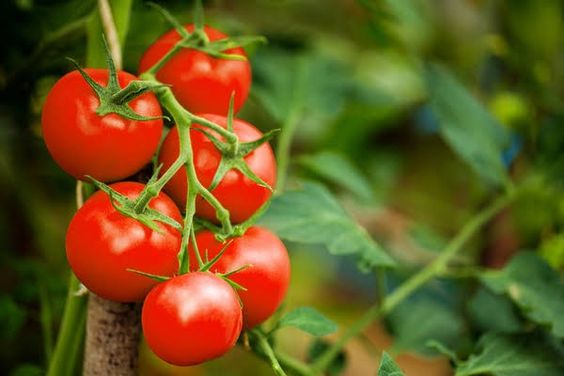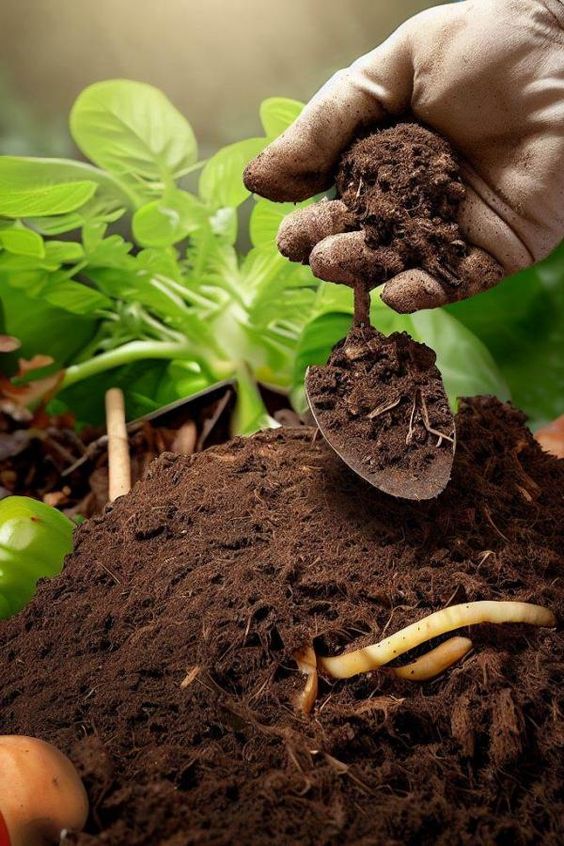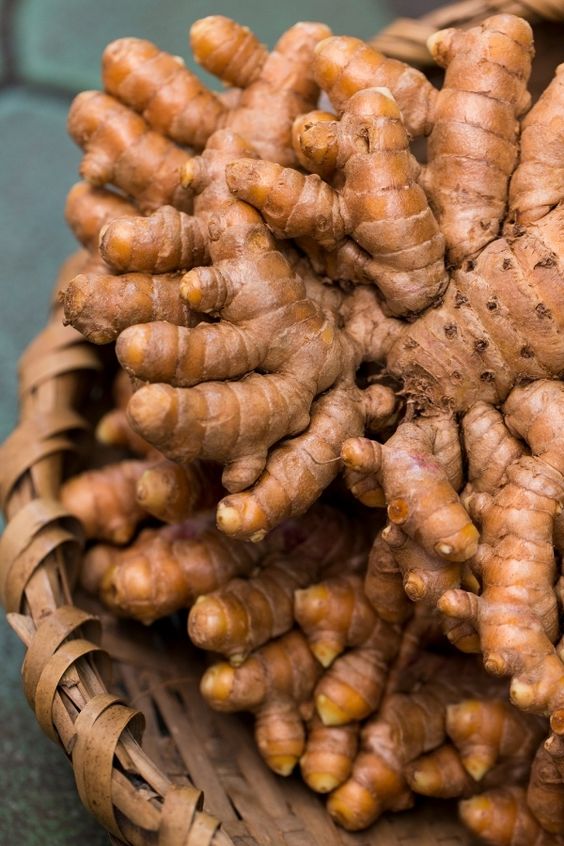Sustainable Farming of Corn: Revolutionizing Agriculture with Smart Technologies
Sustainable Farming of Corn In the face of growing global food demands and environmental challenges, sustainable farming practices have become imperative. Corn, a staple crop worldwide, plays a significant role in food security and the economy. Integrating smart agriculture technologies into corn farming can revolutionize this sector, enhancing productivity, efficiency, and sustainability.
Sustainable farming practices aim to meet current agricultural needs without compromising future generations’ ability to do the same. In corn farming, this involves employing methods that conserve resources, reduce environmental impact, and ensure economic viability for farmers. Key practices include crop rotation, conservation tillage, integrated pest management, and precision agriculture.
Contents
The Role of Smart Agriculture in Corn Farming
Smart agriculture, or precision agriculture, leverages modern technologies such as the Internet of Things (IoT), Artificial Intelligence (AI), drones, and satellite imagery to optimize farming practices. These technologies enable farmers to monitor and manage crops more effectively, ensuring optimal growth conditions and minimizing resource wastage.
Key Technologies in Smart Agriculture
- IoT Sensors: These devices monitor soil moisture, nutrient levels, and weather conditions in real-time, providing farmers with precise data to make informed decisions.
- Drones: Equipped with multispectral cameras, drones can survey large fields, identifying pest infestations, crop health, and growth patterns.
- AI and Machine Learning: AI algorithms analyze data from various sources to predict crop yields, optimize planting schedules, and suggest irrigation strategies.
- Satellite Imagery: High-resolution images from satellites offer insights into crop health and field conditions, helping farmers manage large-scale operations efficiently.
- Automated Machinery: Tractors and harvesters equipped with GPS and automation technologies can perform tasks with high precision, reducing labor costs and improving efficiency.

Benefits of Integrating Smart Agriculture in Corn Farming
Enhanced Crop Management
Smart agriculture technologies enable real-time monitoring and management of corn crops, ensuring they receive the right amount of water, nutrients, and protection from pests and diseases. This precise approach results in healthier crops and higher yields.
Resource Conservation
By utilizing IoT sensors and automated irrigation systems, farmers can optimize water usage, applying it only where and when necessary. Similarly, precision application of fertilizers and pesticides reduces waste and environmental contamination.
Cost Efficiency
Sustainable Farming of Corn,Automation and data-driven decision-making reduce labor costs and input expenses. Farmers can allocate resources more effectively, maximizing their return on investment.
Environmental Sustainability
Sustainable Farming of Corn Smart agriculture practices minimize soil degradation, reduce greenhouse gas emissions, and protect local ecosystems. By promoting biodiversity and improving soil health, these practices contribute to long-term agricultural sustainability.
Climate Resilience
Sustainable Farming of Corn Smart agriculture technologies help farmers adapt to climate change by providing accurate weather forecasts, monitoring soil conditions, and suggesting adaptive strategies. This resilience is crucial for maintaining productivity in the face of unpredictable weather patterns.
Applications of Smart Agriculture in Corn Farming
Precision Planting
Automated planters equipped with GPS and AI technologies ensure seeds are planted at optimal depths and spacing, maximizing germination rates and crop uniformity.
Soil Health Monitoring
IoT sensors provide continuous data on soil moisture, temperature, and nutrient levels. This information allows farmers to adjust irrigation and fertilization practices to maintain optimal soil conditions.
Pest and Disease Management
Drones and AI-powered systems can detect early signs of pest infestations or diseases, enabling timely interventions. Targeted application of pesticides minimizes environmental impact and protects beneficial insects.
Irrigation Management
Sustainable Farming of Corn Smart irrigation systems use weather forecasts and soil moisture data to determine the precise amount of water needed. This reduces water wastage and ensures crops receive adequate hydration.
Harvest Optimization
Automated harvesters equipped with sensors and AI algorithms can determine the optimal time for harvesting, ensuring maximum yield and quality.

Explanation of Key Concepts
Precision Agriculture
Precision agriculture involves using technology to observe, measure, and respond to variability in crops. It aims to optimize field-level management regarding crop farming, considering factors like soil conditions, weather patterns, and crop health.
IoT in Agriculture
The Internet of Things (IoT) connects various devices and sensors in the farming ecosystem, providing real-time data and enabling remote monitoring and management of agricultural activities.
AI and Machine Learning in Agriculture
AI and machine learning algorithms analyze large datasets to identify patterns and make predictions. In agriculture, these technologies can optimize planting schedules, predict crop yields, and suggest efficient resource management strategies.
Drones in Agriculture
Drones equipped with cameras and sensors can capture detailed images and data from fields. This aerial perspective helps farmers monitor crop health, detect issues, and assess field conditions efficiently.
Automated Farming Machinery
Tractors, planters, and harvesters equipped with GPS, sensors, and automation technologies can perform farming tasks with high precision, reducing labor costs and increasing operational efficiency.
Usefulness of Smart Agriculture in Corn Farming
Smart agriculture offers numerous benefits that significantly enhance corn farming practices.
Improved Decision-Making: Access to real-time data and predictive analytics empowers farmers to make informed decisions, thereby enhancing the overall efficiency and effectiveness of their operations. By utilizing technologies such as satellite imagery and soil sensors, farmers can monitor their fields closely, leading to more precise and timely interventions.
Increased Yields: Precision farming practices ensure that crops receive optimal care tailored to their specific needs. This targeted approach not only results in higher yields but also improves the quality of the produce, making it more marketable and valuable.
Sustainable Practices: Smart agriculture promotes sustainable corn farming by conserving resources, reducing environmental impact, and supporting biodiversity. By optimizing inputs like water and fertilizers, farmers can minimize waste and protect natural ecosystems.
Risk Mitigation: Accurate weather forecasts, pest detection systems, and disease management tools are invaluable for farmers. These technologies help identify potential threats early, allowing for proactive measures that mitigate risks and minimize losses, ensuring crop health and productivity.
Economic Benefits: Ultimately, cost savings from optimized resource usage and increased productivity translate to higher profitability for farmers. By integrating smart agriculture practices, corn farmers can achieve financial sustainability while contributing to a healthier environment and food supply.

Advantages of Sustainable Farming of Corn
Environmental Benefits
Reduced use of water, fertilizers, and pesticides lowers the environmental footprint of farming practices. Conservation of soil health and biodiversity contributes to a healthier ecosystem.
Economic Advantages
Sustainable Farming of Corn Smart agriculture reduces input costs, labor expenses, and resource wastage, leading to higher profitability and economic stability for farmers.
Social Benefits
Sustainable Farming of Corn practices support rural communities by creating job opportunities, promoting education, and improving the quality of life for farmers and their families.
Technological Advancements
Sustainable Farming of Corn,The adoption of smart agriculture technologies drives innovation and technological advancements in the agricultural sector, fostering a culture of continuous improvement.
Global Food Security
Sustainable Farming of Corn,By increasing crop yields and ensuring sustainable farming practices, smart agriculture contributes to global food security, addressing the growing demands of an expanding population.
Objectives of Sustainable Corn Farming through Smart Agriculture
Sustainable corn farming through smart agriculture aims to revolutionize the way corn is cultivated by addressing various critical objectives.
Increase Productivity: One of the primary goals is to enhance crop yields through precise monitoring and management. Smart agriculture technologies, such as IoT sensors and drones, allow farmers to gather real-time data on soil conditions, crop health, and weather patterns. By analyzing this data, farmers can make informed decisions about planting times, irrigation schedules, and nutrient application, ultimately leading to higher productivity and more robust corn crops.
Resource Optimization: Smart agriculture emphasizes resource optimization, focusing on reducing the use of water, fertilizers, and pesticides. By employing precision agriculture techniques, farmers can apply inputs only where and when needed, minimizing waste and lowering costs. For example, soil moisture sensors can help determine the exact irrigation requirements, ensuring that water is used efficiently and conservatively.
Environmental Protection: Another key objective is to minimize the ecological footprint of farming practices. Sustainable corn farming aims to preserve biodiversity and soil health by reducing chemical runoff and promoting sustainable practices. Techniques such as crop rotation and cover cropping can enhance soil structure and fertility, supporting long-term agricultural sustainability.
Economic Viability: Ensuring that farming remains profitable is essential for long-term success. By reducing input costs and increasing operational efficiency through smart agriculture practices, farmers can achieve greater economic viability. This includes utilizing data-driven insights to make strategic decisions that enhance profitability while maintaining sustainability.
Adaptation to Climate Change: Finally, implementing resilient farming practices that can withstand extreme weather conditions and changing climates is crucial. By leveraging technology and innovative methods, farmers can better adapt to climate variability, ensuring the sustainability of corn farming in the face of global environmental challenges. Overall, these objectives collectively contribute to a more sustainable, productive, and economically viable corn farming system.
Sustainable Farming of Corn smart agriculture represents a paradigm shift in the agricultural sector. By integrating advanced technologies such as IoT, drones, and automated machinery, farmers can optimize their practices, enhance productivity, and promote environmental sustainability. The benefits of this approach extend beyond the farm, contributing to global food security, economic stability, and ecological health. As the world faces increasing challenges in food production and environmental conservation, embracing smart agriculture is not just an option but a necessity for a sustainable future.




